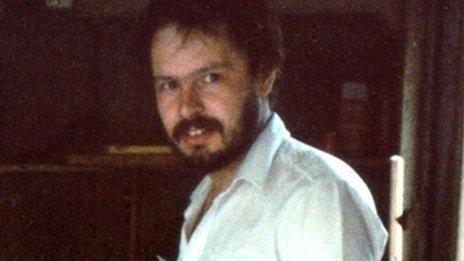Stephen Lawrence murder: Mother urges Met chief to take 'action'
- Published
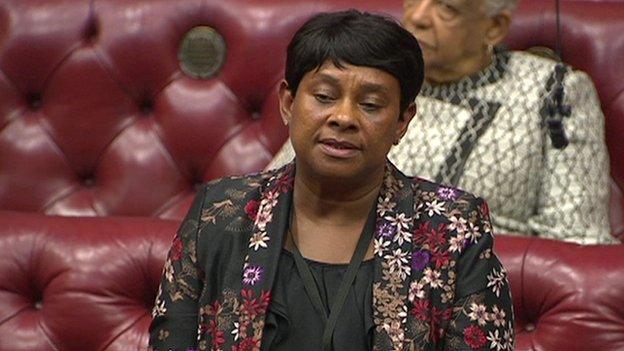
Baroness Lawrence said the review revelations had been "devastating"
Stephen Lawrence's mother has demanded "decisive action" from the Metropolitan Police chief after a report concluded that officers had spied on her family.
The report, external on possible corruption and undercover policing in the murder case has prompted a judicial review.
In a letter to Sir Bernard Hogan-Howe, Baroness Lawrence describes revelations as a "devastating blow" and urged him to co-operate fully with the inquiry.
The Met Police commissioner has vowed to win back the public's trust.
He also said a new independent probe into police records would be commissioned.
Mr Lawrence was 18 when he was stabbed to death in an unprovoked attack by a gang of white youths in Eltham, south-east London, in April 1993.
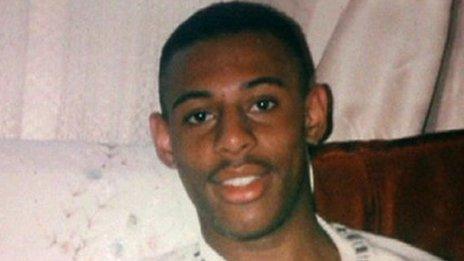
Stephen was 18 when was he was killed in a racially motivated attack
However, it was not until 2012 that Gary Dobson and David Norris were found guilty of murdering him and sentenced to minimum terms of 15 years and two months and 14 years and three months respectively.
In the letter, seen by the BBC, Baroness Lawrence called on Sir Bernard to take "the relevant and appropriate action" against individuals identified in the Ellison review.
She said she wanted the commissioner to "provide her with a response, as the head of the organisation responsible, for the institutional misconduct uncovered by the review".
Home Secretary Theresa May has told MPs the findings in the Ellison report had damaged the police and ordered the fresh public inquiry.
The Ellison report found a "spy" from the Met's former undercover unit, the Special Demonstration Squad (SDS), had worked within the "Lawrence family camp" during the Macpherson Inquiry.
That inquiry was conducted in the late-1990s to look at the way the police had originally investigated the murder of Mr Lawrence.
'Troubling'
The report also found that the Met's own hard copy records of a broad investigation into possible corruption had been subject to a "mass shredding" in 2003.
It warned that the "chaotic state" of the force's records meant that a public inquiry might have "limited" potential to find out more information.
Baroness Lawrence has asked for a personal undertaking from Sir Bernard that he and the Met Police "will fully co-operate with the continuing enquiries the home secretary referred to in her oral statement to the House of Commons as well as the judge-led public inquiry she has ordered".
The letter asked Sir Bernard to release all material in his possession or control to the inquiries, and to be "transparent and honest" in his duty of disclosure.
It concluded: "It goes without saying that the revelations in the review have been a devastating blow to Mrs Lawrence and her family.
"Any confidence that Mrs Lawrence had in your organisation has been shattered. Nothing short of immediate and decisive action by you will begin to help build the trust needed to go forward."
Met Commander Richard Walton, who was criticised in the report by Mark Ellison QC, has been temporarily moved from his post.
Sir Bernard said the decision to move Mr Walton from his post as head of the Counter Terrorism Command to a non-operational role had been taken in light of the seriousness of the allegations.
The report said the "spy" in the Lawrence camp had met Mr Walton - then an acting detective inspector, who had been seconded to the Met's Lawrence review team, responsible for making submissions to the Macpherson Inquiry.
The report found Mr Walton's account of the meeting "less than straightforward to establish and somewhat troubling".
The Met has voluntarily referred the matter to the Independent Police Complaints Commission (IPCC).
IPCC chairman Dame Anne Owers has apologised to the Lawrence family for its 2006 investigation.
Sir Hugh Orde, president of the Association of Chief Police Officers, the public should have trust in the police despite the revelations in this case.
"There is broad confidence in the way the British police operate, that is not to say this is not a critical issue. It's a critical moment in policing which goes wider than the Metropolitan Police but is not a reason to completely review what is a sound policing model," he said.
- Published7 March 2014
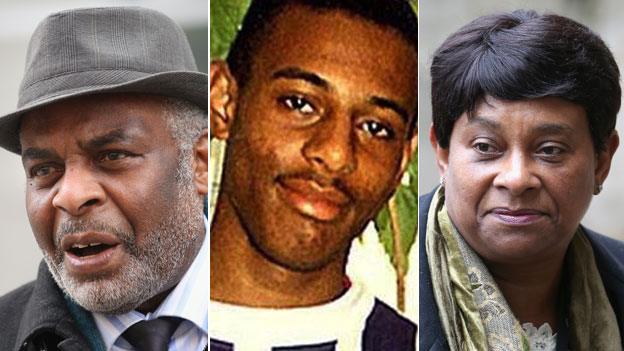
- Published8 March 2014
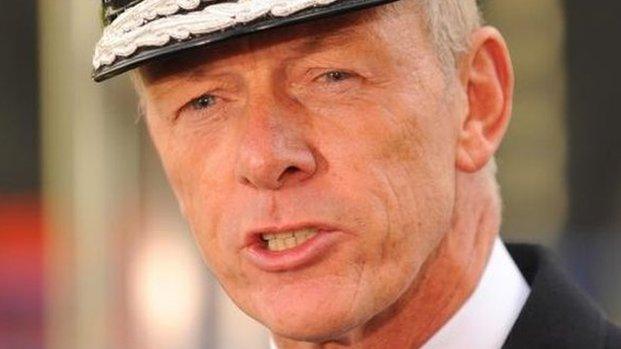
- Published7 March 2014
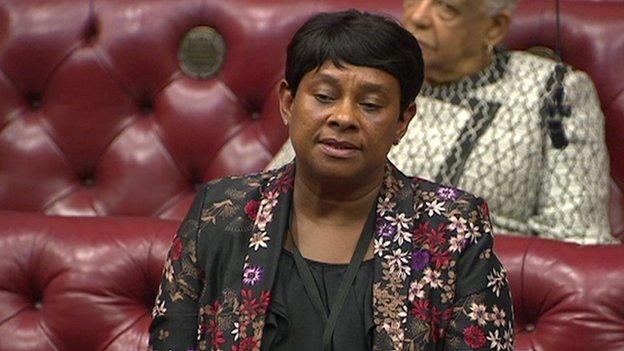
- Published7 March 2014
- Published7 March 2014
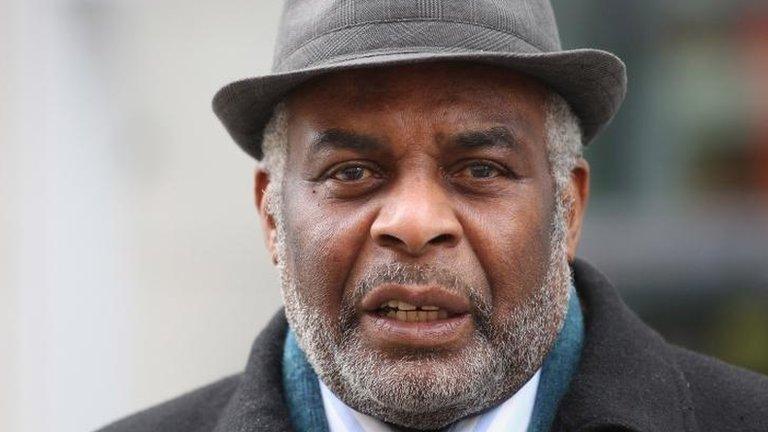
- Published7 March 2014

- Published13 April 2018
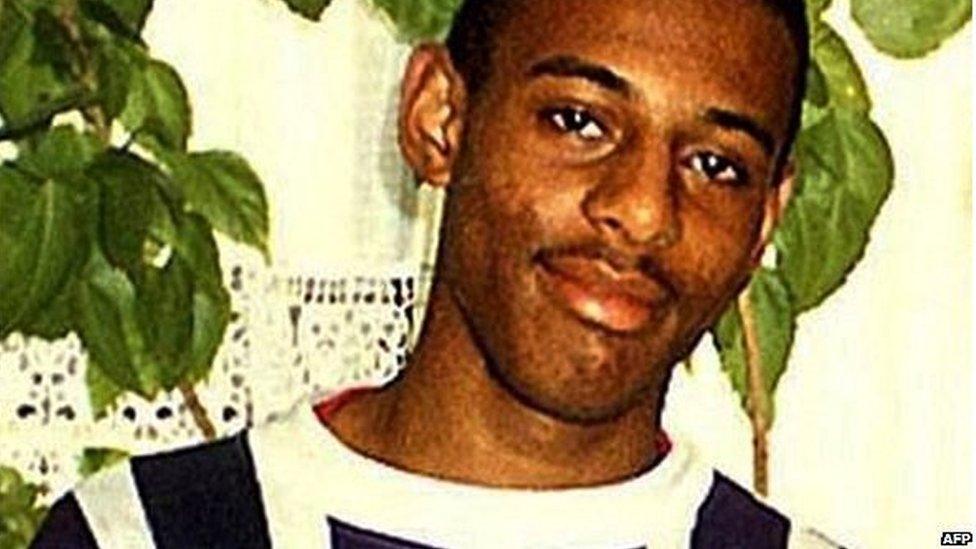
- Published6 March 2014
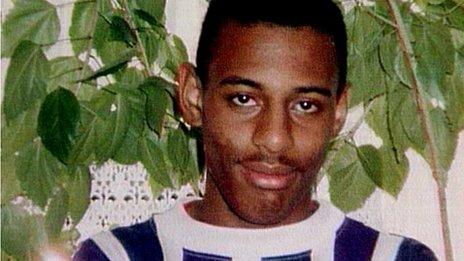
- Published6 March 2014
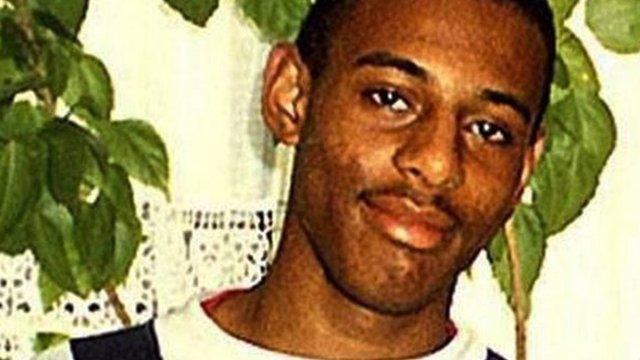
- Published7 March 2014
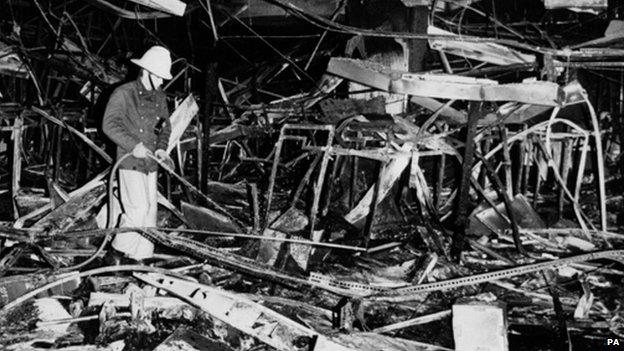
- Published6 March 2014

- Published6 March 2014
